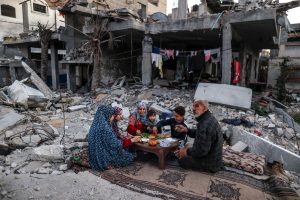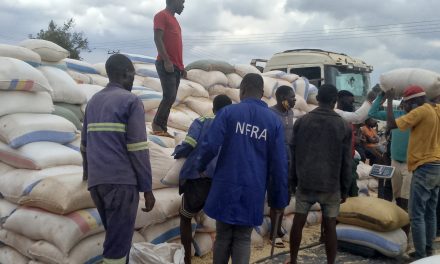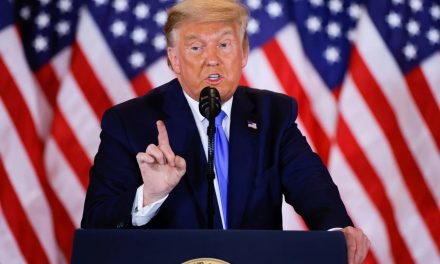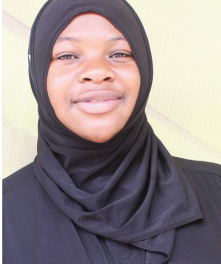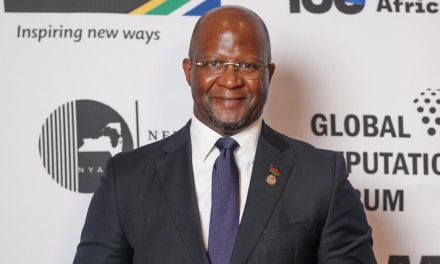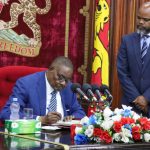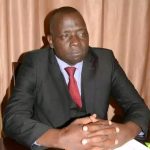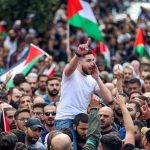
Ramadan In Ruins: Gaza’s Struggle For Survival
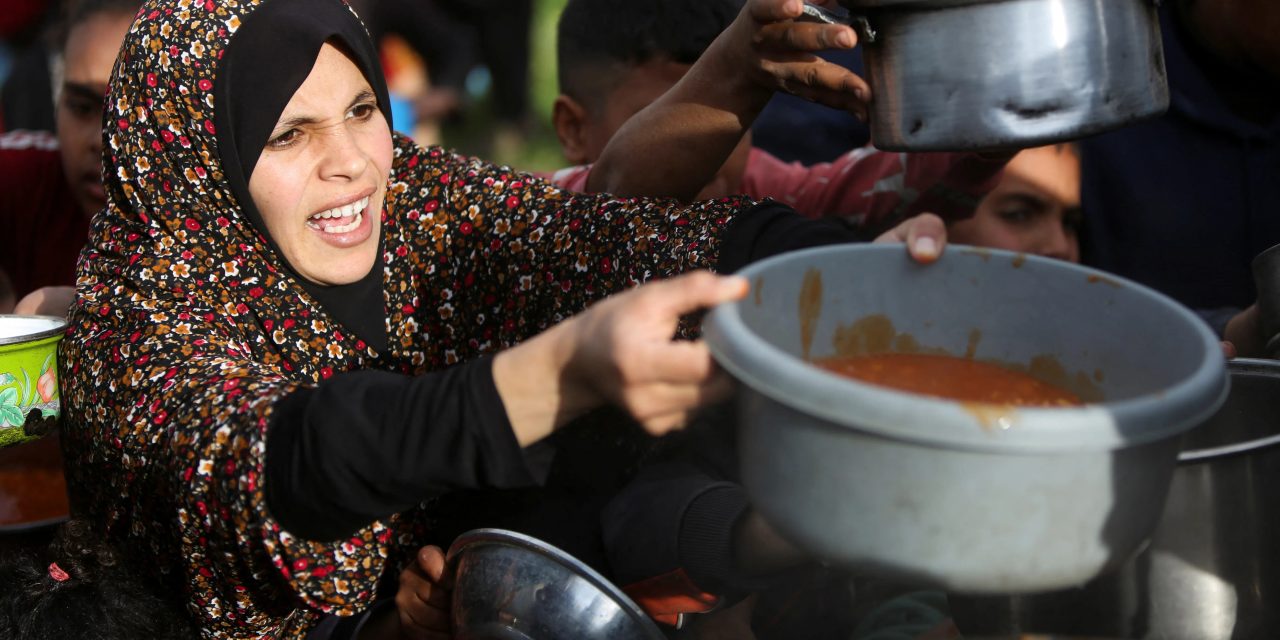
By Abdullah Bamusi Nankumba
Breaking Fast in the Shadow of War
As the sun sets over the bombed-out streets of Gaza, the call to prayer echoes through the air, blending with the distant hum of drones. Families huddle in the dim glow of candlelight, their iftar meals reduced to scraps of bread, salt, and whatever water they can find.
This Ramadan is unlike any other. The usual joy, togetherness, and abundance are absent. Instead, it is a season of hunger, fear, and unrelenting hardship. For Palestinians in Gaza, fasting is no longer just a spiritual act—it is an enforced reality under Israel’s suffocating siege.
A Month of Hunger, Thirst, and Darkness
Ramadan, meant to be a time of reflection and renewal, has become a cruel test of endurance. The Israeli blockade has sealed off Gaza, cutting food and water supplies, leaving markets barren and prices soaring beyond reach.
“There is nothing to eat when we break our fast,” says Abu Ahmed, a father of four. “We share a small piece of bread, some salt, and water—if we’re lucky. The rest of the time, we endure hunger, waiting for relief that never comes.”
Even water is becoming a luxury. Desalination plants have shut down due to fuel shortages, and Israel continues to block water supplies. Many families resort to drinking unsafe water, risking disease and further suffering.
Ceasefire in Name Only: Attacks Persist
Despite international claims of a ceasefire, Israeli airstrikes and sniper fire continue. Just last week, missile strikes killed several civilians, including children. The ever-present hum of drones serves as a chilling reminder that no one is truly safe—not even in the holiest month of the year.
“It is as if they want to break our spirit,” says Umm Leila, a woman sheltering in a makeshift tent after her home was destroyed. “Even in Ramadan, they don’t stop. But we will not break. We will fast, we will pray, and we will endure.”
Hospitals in Darkness: A Fight to Save Lives
With power stations bombed and fuel supplies blocked, Gaza is plunged into darkness. Families sit in their homes—many already damaged or destroyed—without electricity to cook or keep warm. Hospitals, overwhelmed with war casualties, are barely functioning, running on the last reserves of fuel for their generators.
Doctors warn that the lack of medical supplies is putting countless lives at risk. Premature babies in incubators face death as machines shut down. Patients on life support are at the mercy of failing power. Surgeries are being performed by candlelight, with doctors struggling to save lives as the sounds of bombs echo outside.
“We are treating patients with no medicine, no equipment, and no hope,” says Dr. Hisham, a physician in Gaza. “And yet, we keep working because we have no choice.”
Waiting for Help, Watching the World’s Silence
International leaders issue statements of concern, but Palestinians in Gaza see no real action. Humanitarian aid remains blocked, and the siege continues with no end in sight. Even as calls for intervention grow, the suffering persists.
Qatar has condemned Israel’s actions, calling the blockade a deliberate attempt to starve Palestinians into submission. Yet, despite these statements, little changes. The people of Gaza wait—not just for food and water, but for justice, for dignity, for freedom.
Faith in the Face of Despair
Yet amid the devastation, Gaza’s spirit remains unbroken. Families share what little they have, and mosques—though damaged—are still filled with prayers. Even in the darkest moments, faith persists.
“This is our test,” says Abu Ahmed. “We fast not just from food, but from peace, from comfort, from security. But we will not lose faith. Ramadan teaches us patience, and we will endure until justice comes.”
For now, Gaza remains in darkness, its people waiting—not just for relief, but for the right to live in peace.
